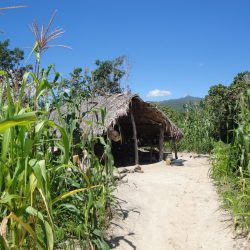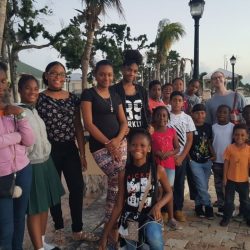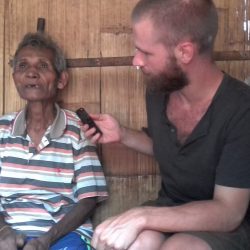2019 – International Year of Indigenous Languages
2019 – International Year of Indigenous Languages
2019 – Internationaal Jaar van de Inheemse Talen
2019 – Internationalt år for indfødte sprog
2019 – Ôma askiy kâ-miyawâtamihk iyiniw-pîkiskwêwina misiwêskamik
2019 – Hur gatung haba ba pinang ajimi gi’e palika kakanap taang unavera
On the 28th of January, the start of the International Year of Indigenous Languages (IYIL) will take place. IYIL is an initiative by the United Nations and is organised by UNESCO. International Years are organised yearly, with the goal of creating awareness for a particular issue of current importance to earth and/or mankind, and to allow and mobilise people to take action for a certain cause. Already in 2016 did the UN decide that 2019 would … ↪







